Extraordinary facts about the NHS
On July 5, 1948, the National Health Service was launched. It was designed to provide free health care at the point of delivery, based on the principle that, according to health minister Aneurin Bevan, "No society can legitimately call itself civilized if a sick person is denied medical aid because of lack of means"
As the NHS's 70th birthday approaches, The Chris Evans Breakfast show has been talking to some of the people who work there, some of the people who use it and some of its greatest admirers (such as Michael Sheen), to find out what it means to them.

Michael Sheen on the NHS: "It represents the best of who we are!"
Michael celebrates the NHS at 70 in his role on BBC Two's The NHS: To Provide All People.
Here, amid the clips and stories, are just a few facts and figures about the astonishing work the NHS continues to do.
The NHS was the first of its kind
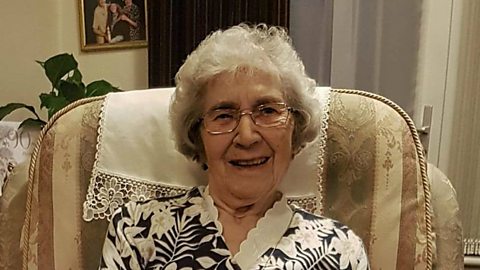
What was life like before the NHS?
90 year-old retired midwife Joyce Thompson on life before and after the NHS started.
The British are quick to point out that England is the mother of parliaments, but the UK is also the mother of international health care.
Founded under the principle that it should meet the needs of everybody and be free at the point of delivery, the NHS predates all other single-payer healthcare systems and its structure proved to be a useful blueprint for other countries to follow when developing their own.
The NHS is the fifth largest employer of people in the world
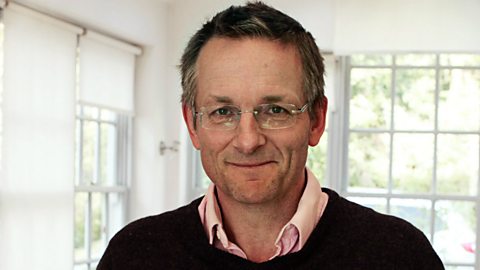
Dr Michael Mosley: "I sewed my glove to a patient's head!"
Michael on his experiences training as doctor 30 years ago and how the NHS has changed.
Other countries may be larger, and may have their own state-funded healthcare systems, but the NHS remains (according to 2015 figures at least) the fifth largest employer of staff, narrowly beating China's National Petroleum Corporation.
The NHS employs around 1.7 million people, which accounts for 5% of the total British workforce. Around 77% of them are female, and 30% are nurses. To put those figures into further context, McDonalds employs 1.9 million staff worldwide, and Walmart employs 2.3 million. The two largest employers in the world are the US Department of Defense (3.2 million) and China’s People’s Liberation Army (3.2 million).
The NHS sees an astonishing amount of people every day
At the last count, NHS staff saw more than 1.5 million patients in any given 24 hour period, and over the average seven days, 1.4 million people will be seen at home. 23 million people (the equivalent of three times the population of London) visit their GP or practice nurse a month, and each GP sees around 255 patients per week.
In the specialist departments, around 170,000 people (the entire population of Milton Keynes) go for an eyesight test each week, and during the same period, 150,000 people (Dundee) see chiropodists. NHS Direct, first launched in 1998 and since replaced by NHS 111, handles 20,000 calls (Truro) every day at its peak.
The NHS is a ground-breaking service
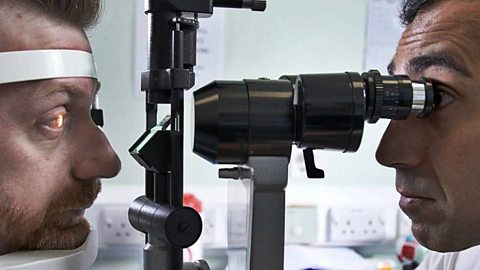
How did a stem cell biopsy on the NHS change one man's life?
James O'Brien reveals how the NHS may give him his sight back after 25 years.
The very first person to be treated was 13-year-old Sylvia Diggery (nee Beckingham) who was admitted to hospital in Manchester with a liver condition in 1948. The first kidney transplant in the UK was performed by Sir Michael Woodruff and took place in October 1960, between identical twins at the Royal Infirmary of Edinburgh.
Louise Joy Brown was the first baby in the world to be born via in vitro fertilisation, arriving in Oldham in 1978. The press made good use of the freshly-coined phrase "test-tube baby" in her honour. Sheila Thorn gave birth to Britain's first sextuplets in Birmingham in 1968. That same year, doctors performed Britain's first successful heart transplant on an unnamed 45-year-old man at the National Heart Hospital in Marylebone, London.
And in 2015, doctors at St Mary's Hospital in Newport performed a successful hip replacement on Britain's oldest person, Gladys Hooper. She was 112, ten years older than the previous record holder.
The most expensive treatment costs £10 million
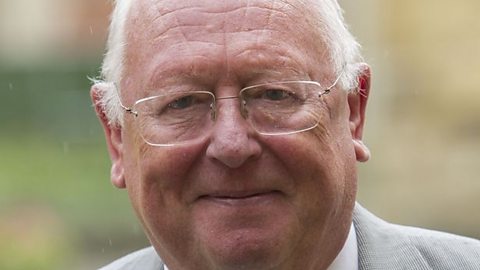
Professor John Wallwork on performing the world's first heart, lungs and liver transplant!
As the NHS turns 70, John about performing a world first in 1986.
According to a report in the Huffington Post, the most expensive treatment on the NHS is for a blood disorder called atypical haemolytic uraemic syndrome (aHUS), which can be fatal and may lead to kidney dialysis. There's a drug called Eculizumab, also known as Soliris, which can be used to lengthen the lives of people with aHUS by up to 25 years, but it costs the NHS £350,000 per patient per year. For the full 25 year treatment, that's £10 million.
By contrast, treatment for multiple trauma, of the sort that might occur in a traffic accident, would cost around £24,000.
NHS care is world class
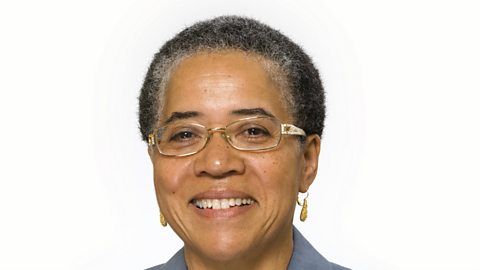
Dame Elizabeth Anionwu on her pioneering work for the sickle cell disease
Elizabeth on nursing in the late 60s to opening over 30 sickle cell centres in the UK.
To guess from newspaper headlines alone, you'd be forgiven for thinking the NHS was delivering a sub-standard service, but a 2014 report by the well-respected US health thinktank the Commonwealth Fund put it at the top of 11 wealthy countries in terms of healthcare delivery. And in 2017, the same organisation repeated their research, and put the NHS at the top again.
Of the 11 areas under review, the NHS was ranked top in eight, for providing the safest, most effective and most efficient care.
And finally... the NHS helps us live longer
The last 70 years has seen huge advancements in preventative care, greater understanding of treatments for previously life-shortening conditions and great strides in medical research and development - all delivered to the nation as a whole, free at the point of delivery. Men and women now live an average of 10 years longer than they did in 1948, thanks in no small part to the contributions of their local NHS doctors and nurses.
Like us on Facebook, on Instagram at bbcradio2, or follow us on Twitter @BBCRadio2













